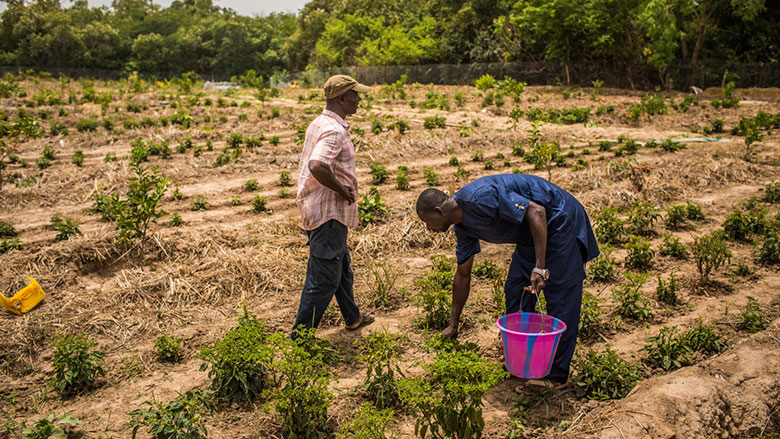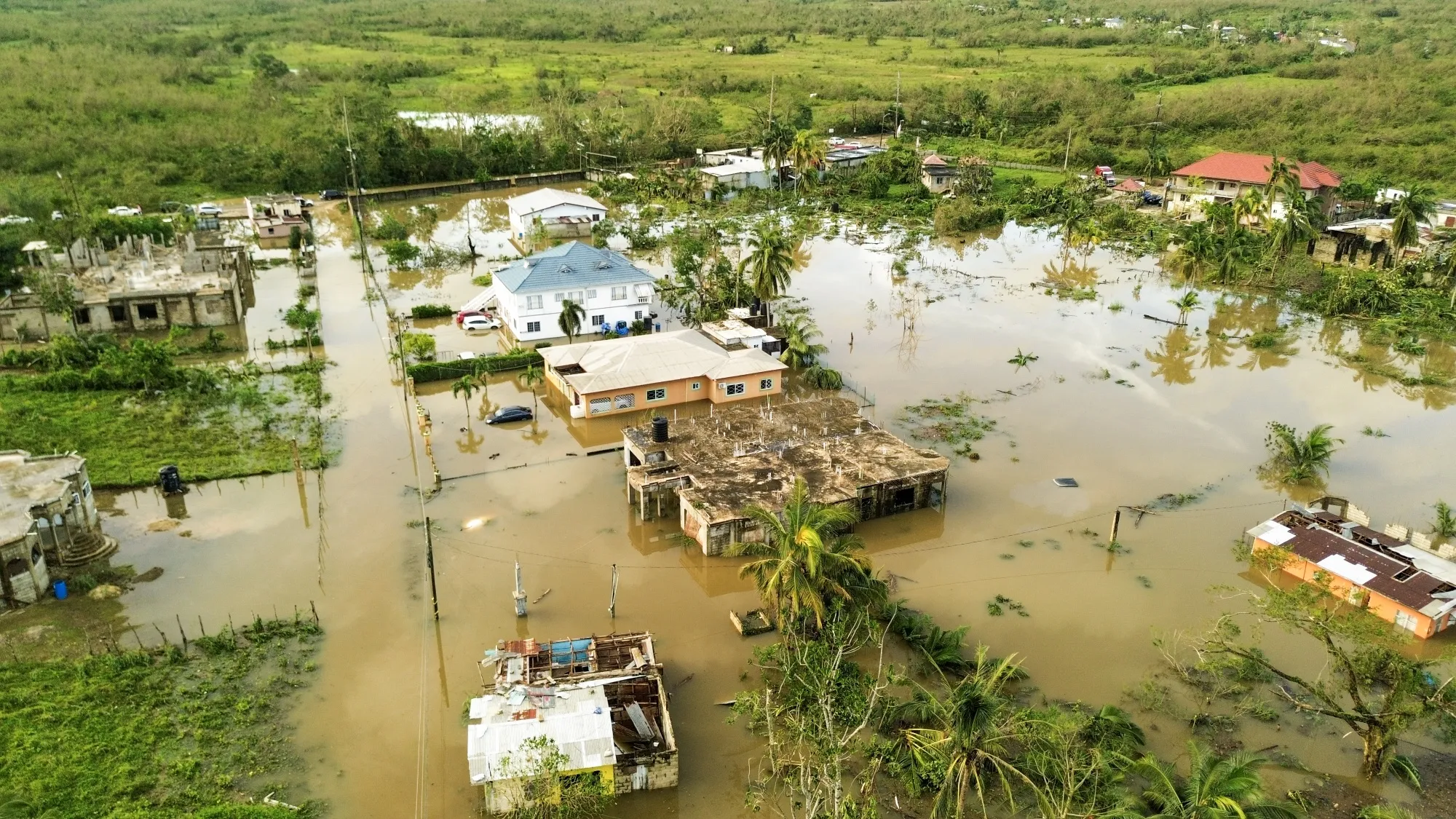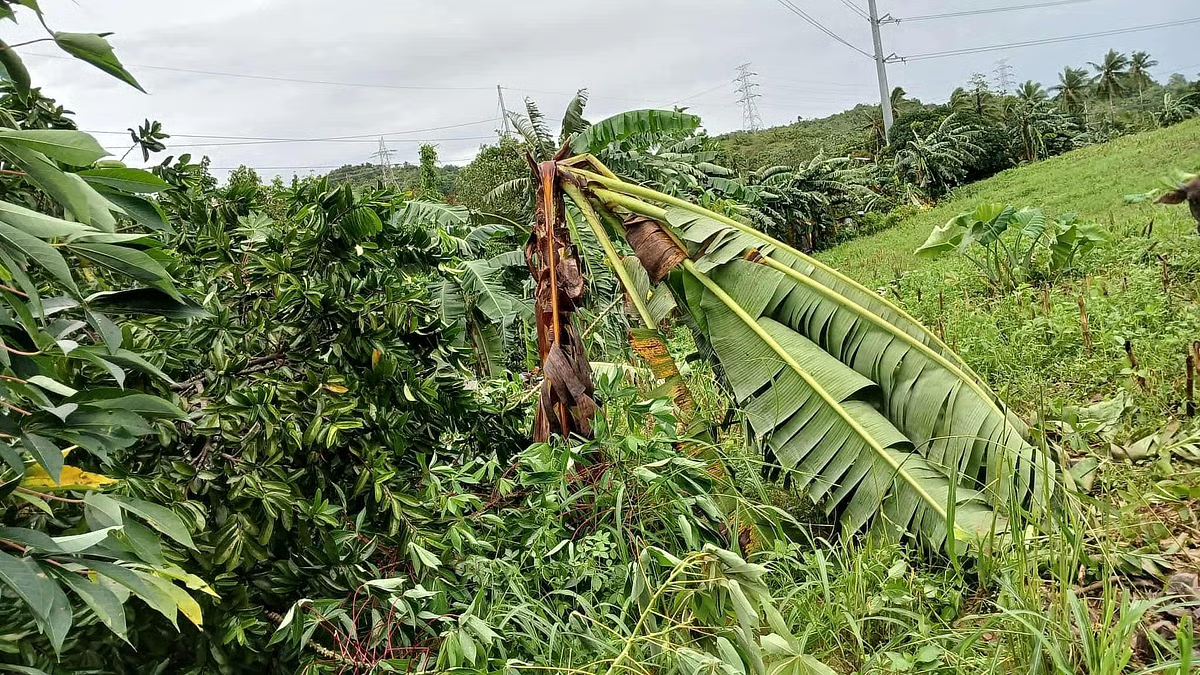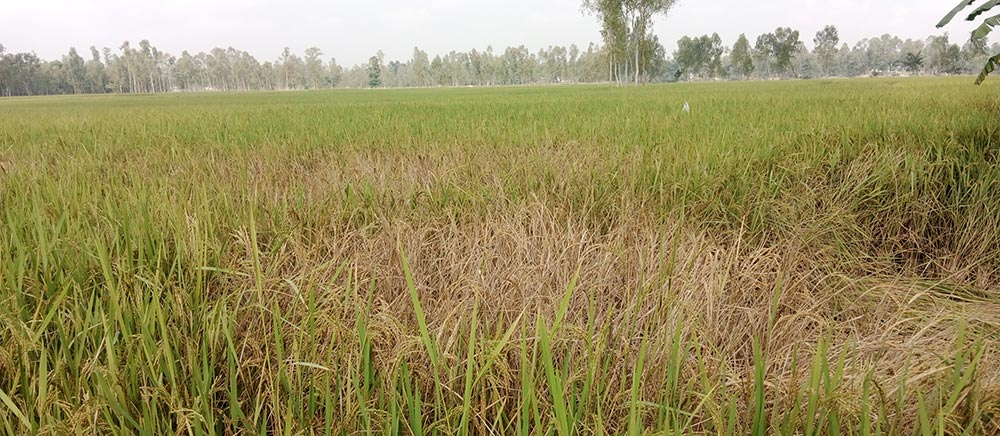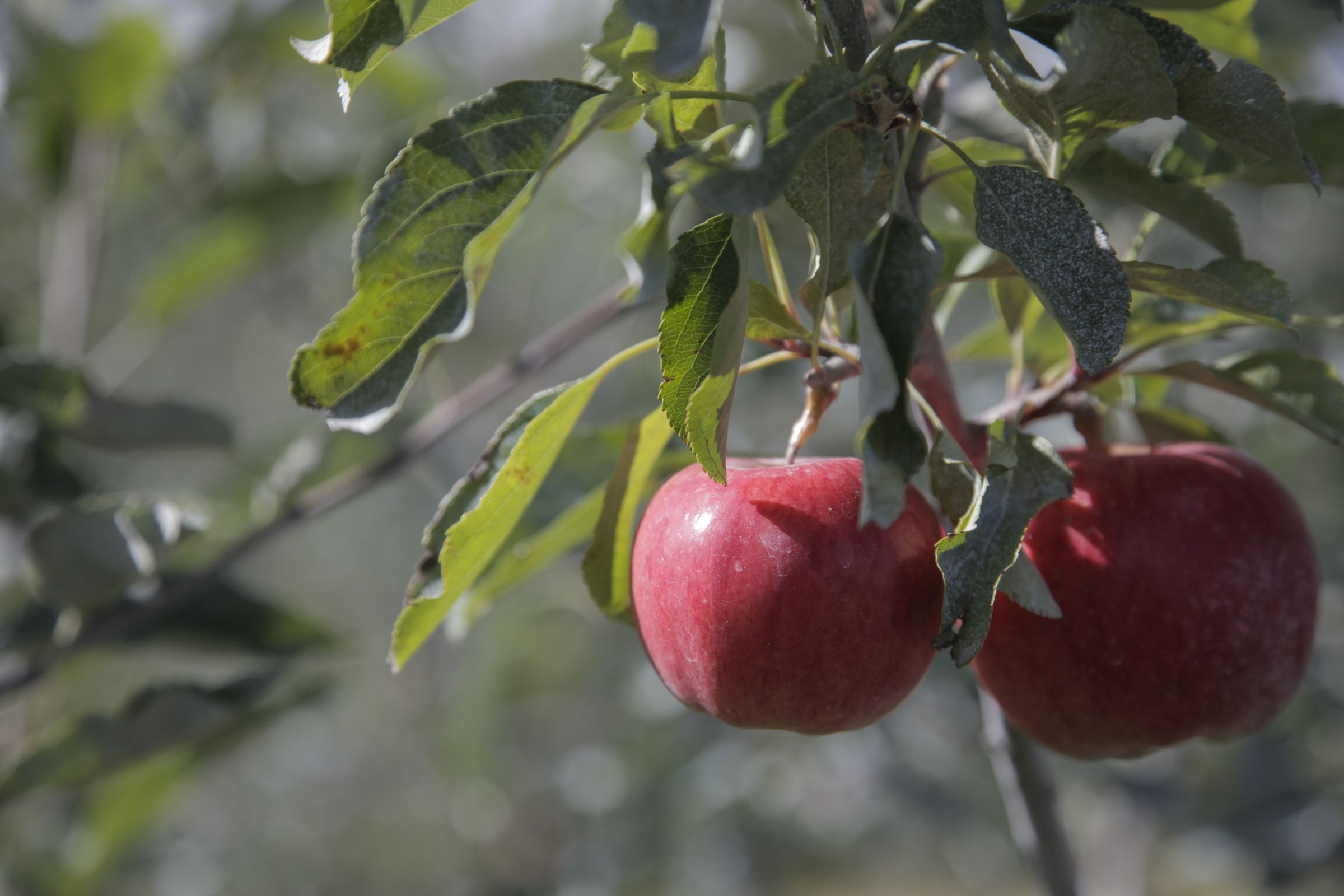The ECOWAS Bank for Investment and Development (EBID) and the Government of the Republic of Guinea have signed two loan agreements, totaling EUR 123.451 million, aimed at enhancing education and training on agribusiness and expanding access to clean, reliable energy across country. These strategic partnerships, signed on Monday, November 10, 2025, during a ceremony in Conakry, Guinea, underscore a shared commitment to sustainable development and economic diversification.
The two facilities will finance critical infrastructure projects in Guinea, namely:
- A EUR 28.28 million loan to finance the improvement and modernisation of four (4) agricultural high schools in the Republic of Guinea. This transformative initiative seeks to upgrade and modernise existing agricultural high schools spanning the four natural regions of Guinea. The project is designed to equip young people with the technical knowledge and entrepreneurial skills necessary to become vital actors in the agricultural industry and boost the sector’s contribution to the national GDP.
- A EUR 95.16 million loan will go towards the construction of three (3) micro-hydroelectric power plants with a total capacity of 27.6 MW within the Senegal River basin. Situated in the prefectures of Mamou and Dalaba, this project is to connect the rural areas into the national grid with the aim of expanding economic activity while improving the living conditions of the population. It falls within the framework of the objectives of the Organisation pour la Mise en Valeur du fleuve Sénégal (OMVS) and the National Development Plan of Guinea, otherwise known as SIMANDOU 2040 vision which combines local development, environmental sustainability, and economic viability.
Speaking at the signing ceremony, Dr George Agyekum Donkor, President and Chairman of the Board of Directors of EBID, stated, “By investing in agricultural education, the Bank is empowering the next generation of Guinean leaders and entrepreneurs, ensuring food security and economic growth. Simultaneously, this investment in clean energy infrastructure enhances the delivery of essential services to remote communities, resulting in improving the quality of life for the people of Guinea.”
The Minister for the Economy and Finance, Hounorable Mourana Soumah, emphasised that these agreements are part of a development dynamic marked by renewed confidence in Guinea from technical and financial partners. “Energy and agriculture are two strategic sectors for our country. These investments will improve electricity supply and strengthen training for young people in the agricultural sector,” the Minister noted.
The Guinean Minister for Planning and International Cooperation, Honourable Ismael Nabe, who is also the Governor of EBID representing Guinea, stated that this financing reflects the deep confidence placed in Guinea’s economic and financial governance, and EBID’s ongoing commitment to regional development.
The ceremony was preceded by the signing of a Memorandum of Understanding (MOU) between EBID and the Government of Guinea, to support five key projects amounting to USD 665 million in the areas of energy, transportation, infrastructure, and health.
Source - https://www.financialafrik.com


